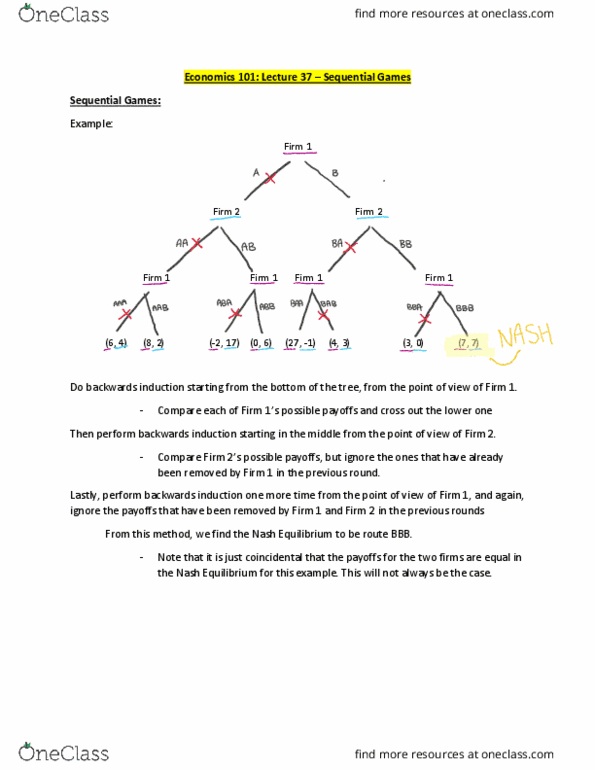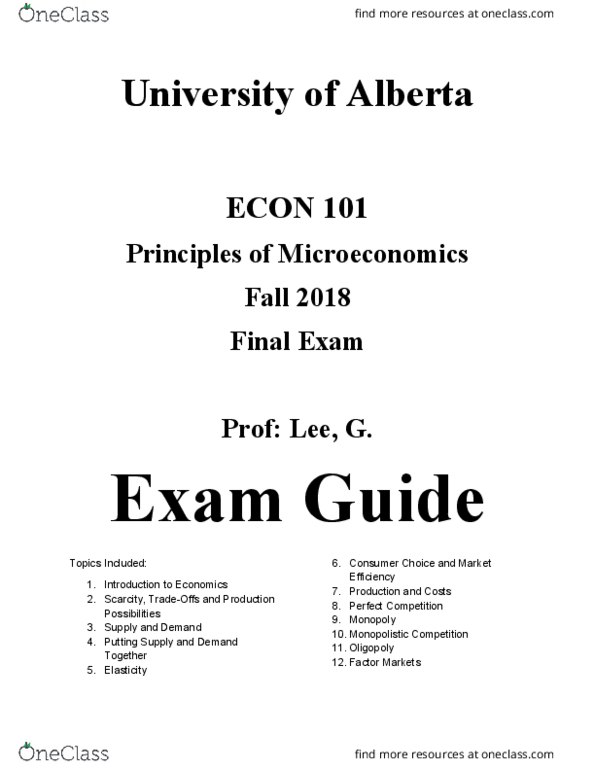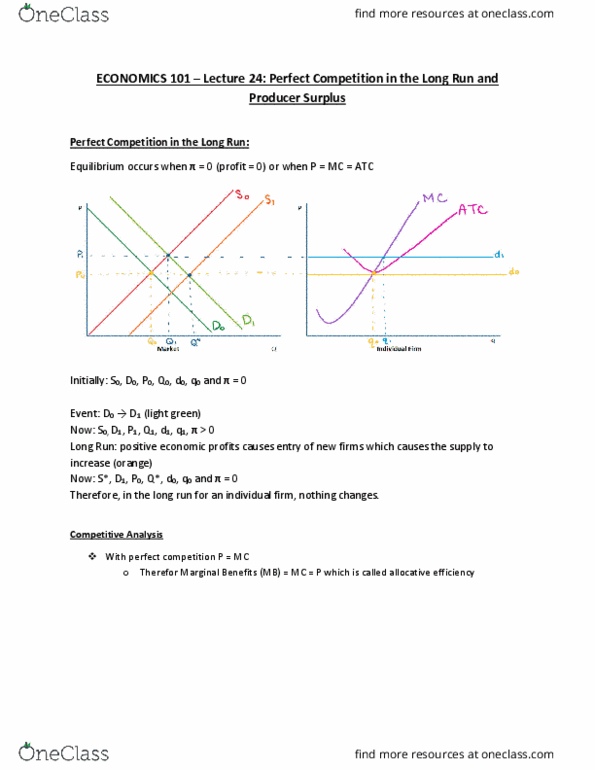Located in historic New Jersey Hall, the Economics Department at Rutgers University–New Brunswick has a long tradition of excellence in research, teaching, and service. Our faculty represent a broad array of disciplines within economics. Our faculty are leaders in their areas of research and lecture to universities, government agencies, and institutions around the world. Our faculty are regular members of national panels and research groups.
The Economics Department offers undergraduate and graduate degree programs. Among the most popular at Rutgers, our undergraduate offerings include a Major and Minor in Economics, an Economics Honors Program, and a variety of certificate programs. For graduate students, there is a Ph.D. in Economics with financial support; while the program is relatively small, it is very high quality. Our graduate students are employed at universities in the U.S. and around the world, at government agencies both here and abroad, and at numerous prominent private sector employers.
Economics Undergraduate Advising Session - Mondays & Tuesdays 11 a.m. - 12 p.m.

Get Basic Concepts of Economics, Economics Chapter Notes, Questions & Answers, Video Lessons, Practice Test and more for CBSE Class 10 at TopperLearning. This video is unavailable. Watch Queue Queue. Watch Queue Queue. ICES Seminar in Experimental Economics and Game Theory Belief Elicitation: Limiting Truth Telling with Information on Incentives Thursday, March 18, 2021 12:00 PM to 1:00 PM Apr 30 Last Day of Classes, Spring 2021 Friday, April 30, 2021.
Economics Undergraduate Advising Session - Wednesdays, Thursdays, & Fridays 2:30 p.m. - 3:30 p.m.
Special Information about Fall 2020 Economics Courses: Course structure and technology requirements
Course Structure
In a continuation of the university’s response to the COVID-19 crisis, all economics classes for the Fall semester of 2020 will be conducted remotely. This means that, as for the last half of the Spring 2020 semester and for Summer Session of 2020, all instruction, student-teacher interaction, and assessment of student performance will take place online. However, there will now be two distinct types of remote classes. Most economics courses offered this Fall will be run in a “synchronous” manner, with the lectures and office hours taking place through meeting tools such as WebEx, or Zoom, and making use of Canvas or Sakai. The key element of such classes is that lectures will be delivered live during a scheduled class time, which appears in the schedule of classes. Students are able to interact and ask questions via chat and breakout rooms during the scheduled meeting times. The lectures will also be recorded for later reference, but students are expected to participate in the live classes.
A limited number of classes will be run in a mainly “asynchronous” manner. These are classes that are listed in the university’s schedule of classes as “by arrangement.” Such classes do not have a pre-set time when class meetings or lectures will take place. Materials will be made available for students to access at those times when they are able to. However, these classes will nonetheless be, to some degree, “synchronous” as well. Specifically, each such class will have at least one hour per week designated as a “synchronous” meeting period, in which the instructor or an assigned teaching assistant will be present to interact with students in the class. For larger classes, such as introductory microeconomics or macroeconomics, there will be several possible times for these synchronous sessions, and students will be assigned to a session that suits their availability. Smaller classes will also have a weekly synchronous meetings, to be organized once classes begin, and scheduled in a way that accommodates student availability.
These mainly “asynchronous” classes have been developed mainly to accommodate students who, by virtue of their geographic location, living situation, problems reliably accessing needed technology, or other factors, find a fixed scheduled time for class meetings to be problematic. These classes are, by design, meant to be equivalent to the same classes being offered in a synchronous fashion at fixed time.
Instructors for all classes will communicate directly with students registered for their classes prior to the start of the semester. Students should pay close attention to these communications.
Here is a link that explains in full detail the information shown in the university's Online Schedule of Classes:
https://sasundergrad.rutgers.edu/about/announcements/2333-understanding-the-fall-2020-class-schedule
Econ 1 Class Notes Jason Lee Soffer
Technology Requirements
To take any of these courses, students will need access to the following:

1) High speed internet
2) A laptop or desktop computer. If the computer does not have a built-in microphone and camera, students will need a webcam and a mic.
Econ 1 Class Notes Jason Lee Md
3) A scanner, or a phone camera with software for producing pdf documents from photos. Not all of these items will be needed at all times in every meeting of the course.
Econ 1 Class Notes Jason Lee Miller
By signing up for a course in the Economics Department this fall, a student consents to have videos of themselves recorded as needed for authentication purposes. We take seriously our obligation to students to provide a level playing field that does not disadvantage our many students of high integrity. Therefore, in all courses, there will be some form of video control of test environments. This
Econ 1 Class Notes Jason Lee Actor

type of online proctoring will require the use of a webcam and a mic. Students will also need, at those times, to be in an environment that affords them privacy, if only to avoid the recording of others who may not be aware of it. For test dates (when the full range of equipment listed above will be needed), please see the course syllabus, and pay close attention to communications from your instructor.
